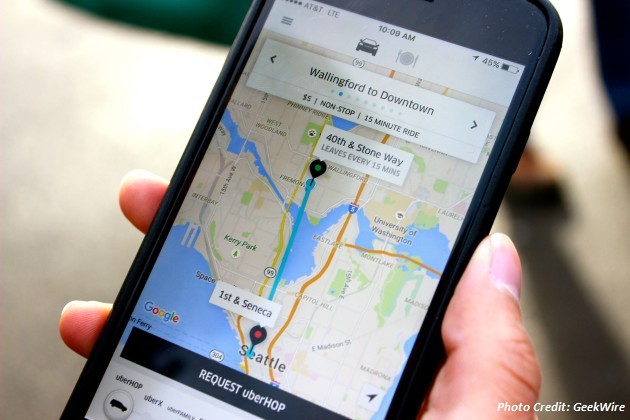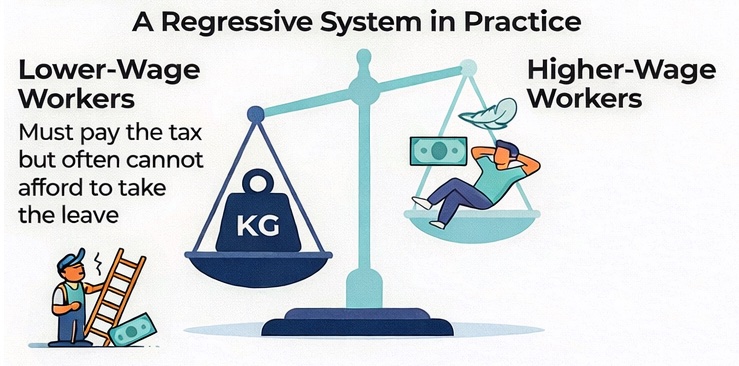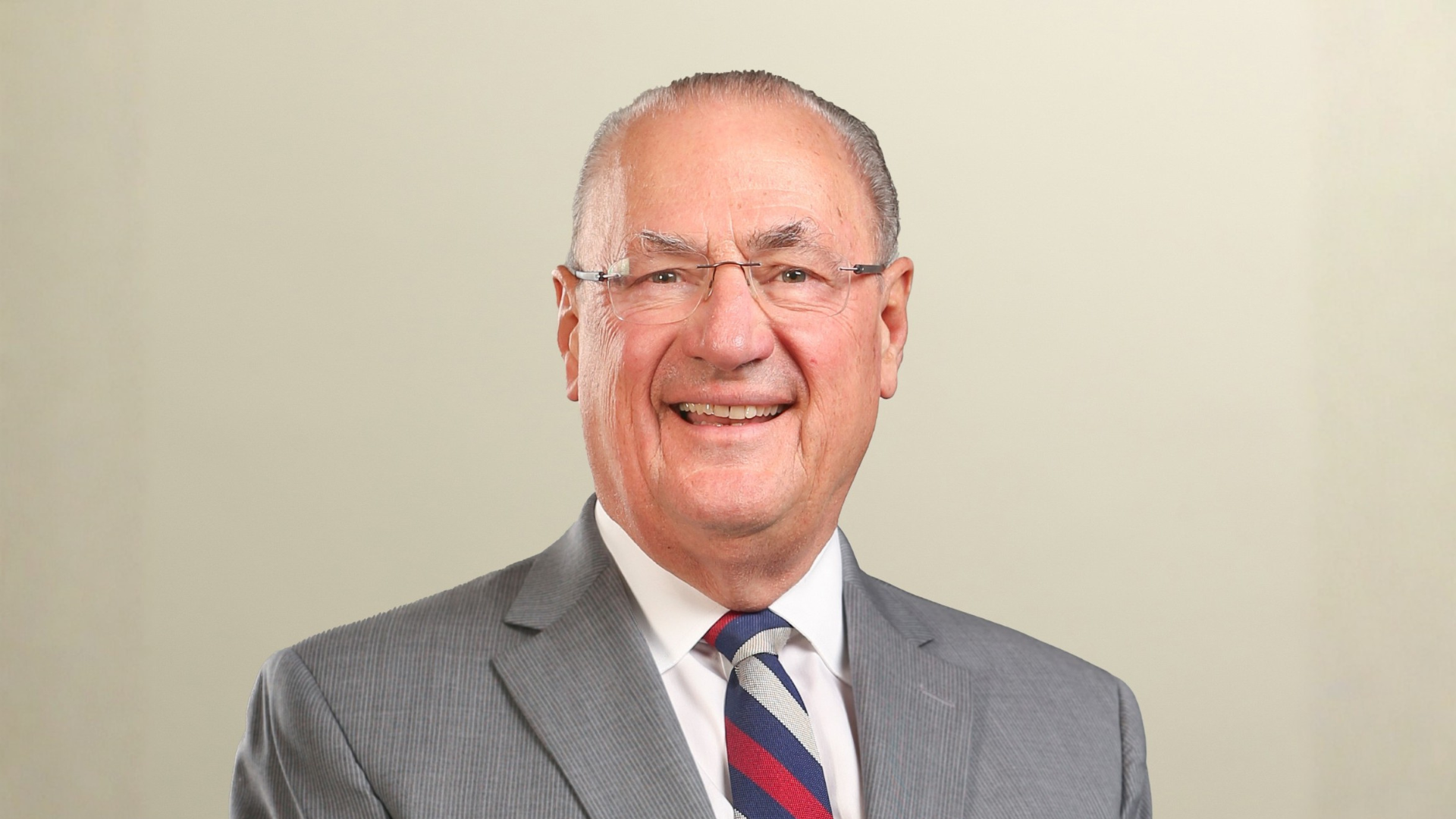The PayUp legislation passed by the Seattle City Council in 2022 set the minimum wage for food delivery workers, working for organizations such as Grubhub and Uber Eats, at $17 per hour.
Now, with a consumer backlash against the new charges, falling sales and tax revenue, the City of Seattle is reconsidering the controversial new law.
In response to cover the additional regulatory cost of the PayUp program and other fee increases, Uber Eats added a $5 local operating charge to every trip in Seattle. The fee is also being passed onto consumers in other cities.
In a predictable outcome to increasing the fees, consumers are holding onto their pocket books more tightly resulting in lower volume of food orders, less Uber drivers on the street and ultimately less tax revenue in the city’s coffers.
Seattle Council President Sara Nelson correctly calls out that “This is an example of legislation that is having unintended consequences that are having wide impacts”, according to MyNorthwest.com.
The city’s involvement is an overreach, as gig worker service costs and wages should be market driven. The negative change in the market is a clear illustration when governments get involved where they shouldn’t.
The Seattle City Council has an opportunity to reverse course and reduce the fees and restrictions imposed on companies like Uber Eats and Doordash. A reversal will create more job opportunities and reduce costs.
The Seattle City Council is considering the issue at the March 28 meeting.






